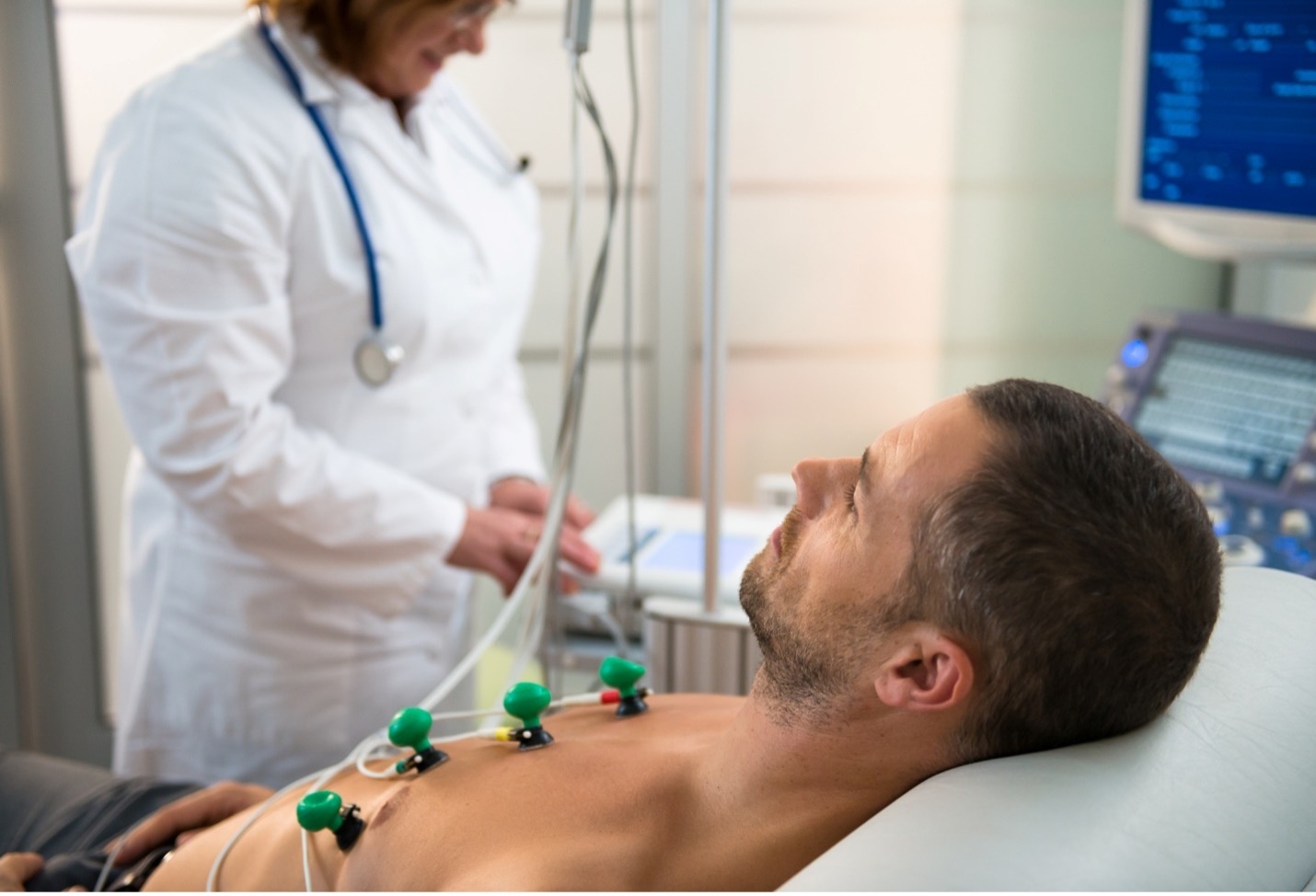
What is an EKG test?
There's a very common medical test called an electrocardiogram (EKG). Medical professionals like CityMD urgent care doctors rely on electrocardiogram to evaluate the heart's electrical activity. It may be used as part of a routine physical exam or when a patient is experiencing symptoms like chest pain, palpitations, or shortness of breath.
Despite its widespread use, many people may need help understanding what an EKG is and why it is important.
In this article, we'll provide an overview of EKGs, what they are, how they work, and what they can tell us about your heart health. So, let's get started.
What is an EKG test?
An EKG test, also known as an electrocardiogram, is a non-invasive medical test that records the electrical activity of your heart.
It involves placing several small, sticky electrodes on your chest, arms, and legs, which are then connected to a machine that measures and records the electrical signals produced by your heart.
These signals are displayed as a graph or series of waves, which can help doctors evaluate the rhythm and activity of your heart.
EKG tests are painless, quick, and can provide valuable information about your heart health, making them a standard diagnostic tool healthcare providers use.
EKG test results: what they mean
If you've recently had an EKG test, you may wonder what the results mean. EKG test results provide valuable information about the electrical activity of your heart, helping doctors diagnose heart conditions and determine the best course of treatment.
When healthcare professionals perform an EKG, the resulting graph or waves can indicate several different things, such as the heart rate or rhythm, and the size of the heart. Certain patterns or abnormalities in the EKG waves may indicate specific heart conditions, like arrhythmias or heart attacks.
At CityMD, our medical professionals are dedicated to helping you understand your EKG test results. Your doctor will interpret the results of your EKG test and discuss them with you. They will answer any questions you may have and develop a care plan tailored to your needs.
How far back can an EKG detect a heart attack?
The length of time that an EKG can detect a heart attack depends on various factors, such as the severity and duration of the heart attack.
In some cases, an EKG may be able to detect a heart attack that is happening at the time of the test. However, in other cases, it may take several hours or even days for the changes in the heart's electrical activity to show up on an EKG.
Generally, an EKG can provide valuable information about a heart attack for up to a few days after the event. An EKG is just one tool that doctors use to diagnose heart attacks, and other tests, such as blood tests or imaging studies, may also be necessary.
If you're experiencing heart attack symptoms, seek medical attention immediately, regardless of whether an EKG can detect it.
EKG tests at CityMD
At CityMD, we understand the importance of early detection and diagnosis regarding heart health. That's why we offer EKG testing as a service at all our locations.
Our experienced medical professionals are trained to perform EKG tests quickly and accurately, giving you peace of mind and helping you take control of your heart health.
Whether you're experiencing symptoms or simply want to monitor your heart health, we encourage you to visit us for an EKG test. Don't wait until it's too late — act today and prioritize your heart health with EKG testing at your local CityMD walk-in urgent care.

We’re ready to care for you.
Visit any CityMD urgent care location in your community today for an evaluation with one of our expert providers.